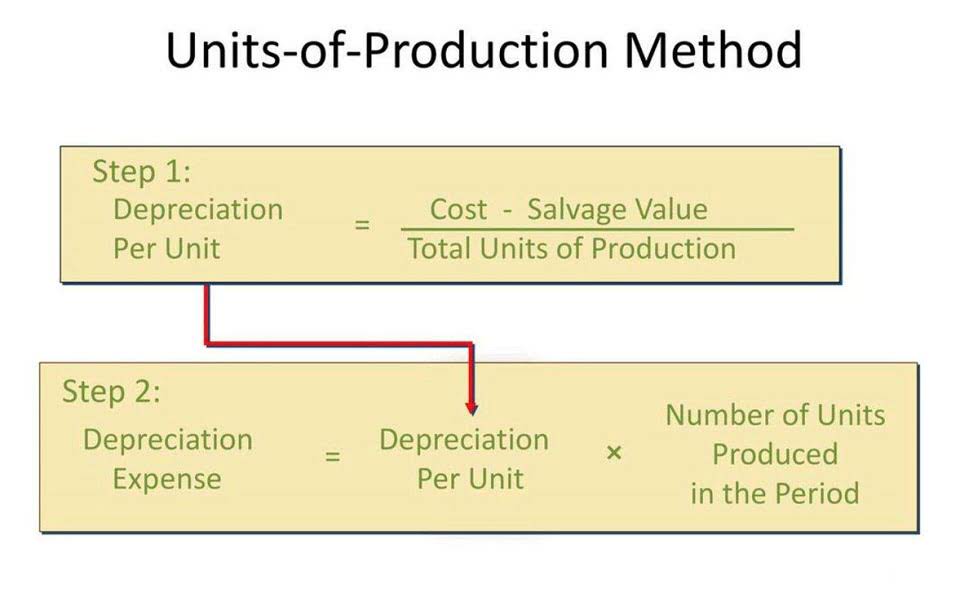Cash Flow Formula Definition: How To Calculate Free Cash Flow

You’ll be able to obtain deeper insights into financial trends and patterns that can make your business decisions easier. On the other hand, low free cash flow means not much money left over after paying for business expenses. This makes the business less attractive to investors, as future earning prospects might not be as strong.

Learn financial statement modeling, DCF, M&A, LBO, Comps and Excel shortcuts. Hello, I am wondering why taxes of $8 were not deducted from the cash flow via the operating cashflows to get to $40 from the $48. Note that if there were any dividends issued to shareholders, the amount paid out would come out of retained earnings. The common stock and additional paid-in capital (APIC) line items are not impacted by anything on the CFS, so we just extend the Year 0 amount of $20m to Year 1. Upon adding the $3m net change in cash to the beginning balance of $25m, we calculate $28m as the ending cash. In Year 1, the income statement consists of the following assumptions.
Cash Flow from Investing Activities
If you sell off a large asset, your free cash flow would go way up—but that doesn’t reflect typical cash flow for your business. When you need a better idea of typical cash flow for your business, you want to use the operating cash flow (OCF) formula. From this CFS, we can see that how to calculate cash flow from assets the net cash flow for the 2017 fiscal year was $1,522,000. The bulk of the positive cash flow stems from cash earned from operations, which is a good sign for investors. It means that core operations are generating business and that there is enough money to buy new inventory.

So for example, if accounts payable continued to decrease, it would signify that a company is paying its suppliers faster. If accounts receivable were decreasing, it would mean that a company is receiving payments from its customers faster. The operating activities cash flow is based on the company’s net income, with adjustments for items that affect cash differently than they affect net income.
How to Analyze Cash Flows
Continued negative cash flow may indicate a company is in financial trouble. By consistently monitoring and optimizing these areas, businesses can progressively improve their cash flow from assets, ensuring they are poised for growth and resilient in the face of financial challenges. Management makes informed decisions about investments, divestitures, or replacements by assessing which assets yield strong cash flows and which don’t.


